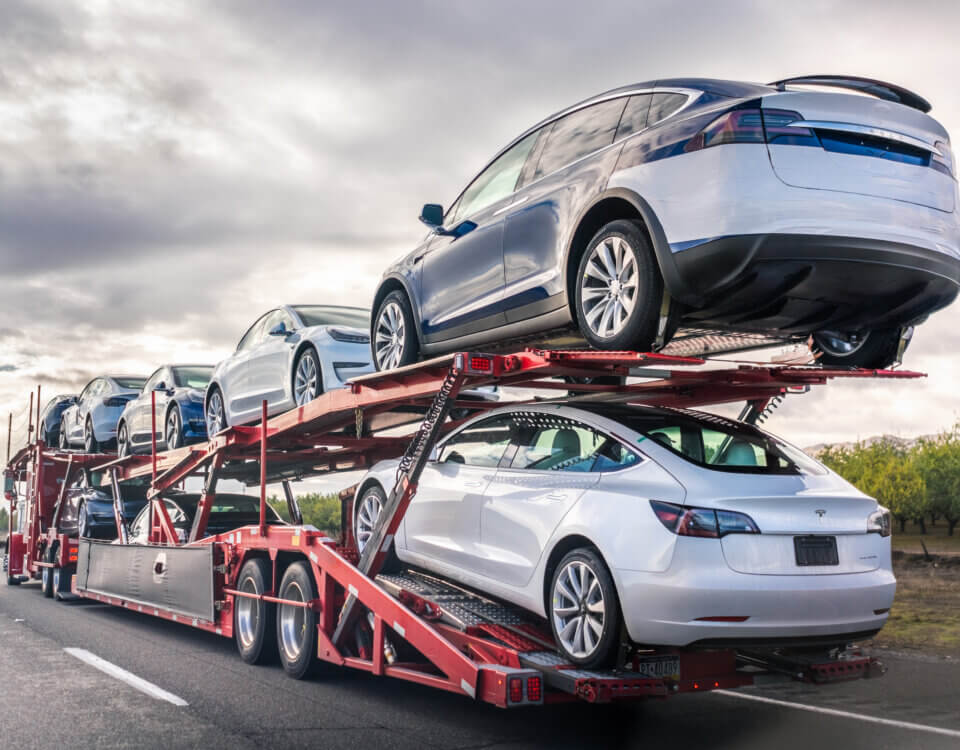Introduction
Most drivers don’t realize that 18-wheelers carry electronic devices that silently record critical data. Known as black boxes, these systems can reveal the truth about what happened in the seconds leading up to a devastating crash. For accident victims, this hidden evidence can make or break a case.
What the Black Box Records
An 18-wheeler’s black box, or electronic control module, tracks speed, braking, steering, and even how long the driver has been on the road. This information often tells a different story than what is written in accident reports. According to the National Highway Traffic Safety Administration, event data recorders play an important role in analyzing crashes and improving safety.
https://www.nhtsa.gov/
How Black Box Data Exposes Negligence
If a truck driver claims they braked before impact, the black box can prove whether that’s true. It can show if the driver was speeding, driving without breaks for too long, or failing to maintain control of the vehicle. The Federal Motor Carrier Safety Administration has published guidance on how electronic logging devices are used to track driver hours and prevent fatigue-related accidents.
https://www.fmcsa.dot.gov/
Why Trucking Companies Guard This Data
Trucking companies know how powerful black box evidence is, which is why they often move quickly to secure it after a crash. Without legal intervention, data can be erased, lost, or withheld. Victims and their attorneys must act fast to preserve this evidence before it disappears.
The Role in Legal Cases
Black box data has been used in countless lawsuits to prove driver negligence, company pressure, or equipment failure. Courts often rely on this information to determine liability, making it one of the most valuable tools in truck accident litigation.
Conclusion
The black box in an 18-wheeler is more than just a piece of technology. It is often the silent witness that reveals what really caused a crash. For victims and families, accessing this data could be the difference between justice and being left with unanswered questions.
Note: These blog posts are created solely for the use of Hillstone Law. The information is gathered from internet research, publicly available sources, and artificial intelligence (AI) tools such as ChatGPT. While we aim to share helpful and educational content, Hillstone Law does not independently verify every detail. Some information may be incomplete, outdated, or subject to change without notice. If you believe any part of a post is inaccurate, misleading, or infringes upon copyright, please contact Hillstone Law immediately so we can review it and take appropriate action, including correction or removal.
Disclaimer: The material provided in these blogs is for general informational purposes only and should not be considered legal advice. Reading these posts does not create, and is not intended to create, an attorney-client relationship with Hillstone Law. Our intent is to share knowledge, raise awareness, and provide helpful resources to the public; however, Hillstone Law makes no warranties or guarantees about the accuracy, completeness, or reliability of the information provided, and expressly disclaims liability for any actions taken in reliance on it. The photos used in these posts are for illustrative purposes only and do not depict actual clients, individuals, or incidents unless expressly stated. If you or a loved one has been injured in an accident, please contact Hillstone Law at (855) 691-1691. Our attorneys are available to answer your legal questions and help you understand your rights.







